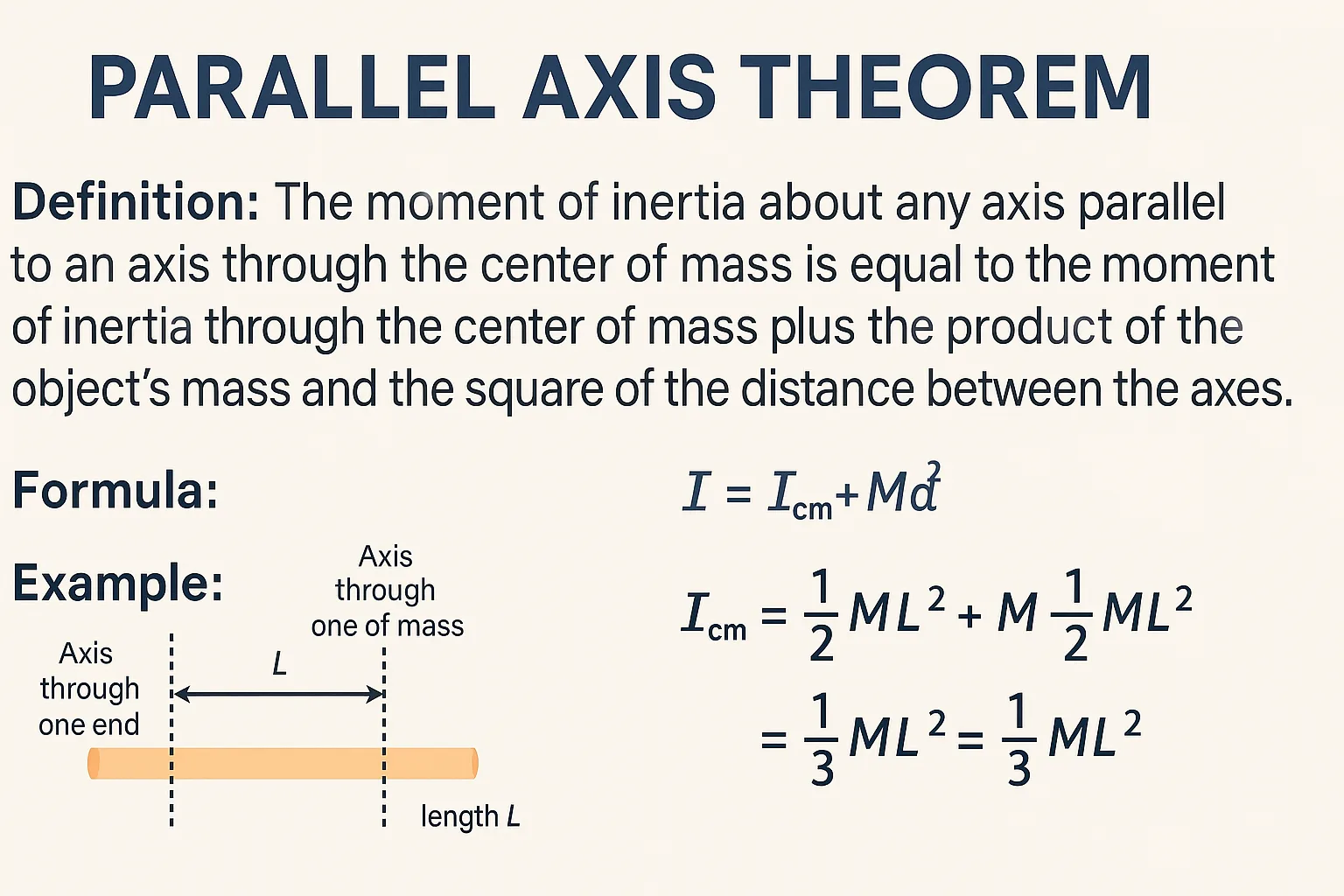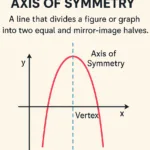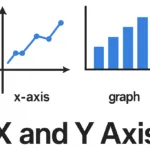Here are five examples for each grammar and language category for words starting with F:
Ff
🔊 US Loading... 🔊 UK Loading...1. Noun
- The forest is dense and beautiful.
- She has a lovely flower in her hand.
- I bought fresh fruit from the market.
- The farmer works hard in the field.
- We saw a fox during our hike.
2. Verb (Auxiliary Verbs)
- He is feeling fine today.
- They have found the missing keys.
- She was fixing the fence.
- I will follow your advice.
- We are finishing the project.
3. Adverb
- She walked fast to catch the bus.
- He completed the assignment fairly quickly.
- The baby cried freely when she fell.
- The teacher explained the topic firmly.
- He fought fearlessly in the battle.
4. Adjective
- The fresh vegetables look delicious.
- He has a funny sense of humor.
- The mountain peak was covered with frosty snow.
- She wore a fancy dress to the party.
- The fierce lion roared loudly.
5. Conjunction
- I want to play, but I have to study.
- She likes chocolate, and she also loves ice cream.
- He stayed home because it was raining.
- You can take the flight or travel by train.
- Although it was cold, we went swimming.
6. Interjection
- Fantastic! You passed the test with flying colors.
- Fabulous! That’s exactly what I needed.
- Fiddlesticks! I forgot my wallet.
- Fine! I’ll do it myself.
- Oh no! I dropped the flour.
7. Pronoun
- She found the lost flower in the garden.
- They are going to the football game.
- It is a beautiful day outside.
- We should focus on our studies.
- He enjoys playing with his friends.
8. Direct and Indirect Speech
- Direct: He said, “I am feeling fine.”
Indirect: He said that he was feeling fine. - Direct: She asked, “Have you finished the work?”
Indirect: She asked if I had finished the work. - Direct: “I will feed the dog,” he said.
Indirect: He said he would feed the dog. - Direct: They said, “We love football.”
Indirect: They said that they loved football. - Direct: “She is fixing the car,” said John.
Indirect: John said that she was fixing the car.
9. Active and Passive Voice
- Active: She feeds the cat.
Passive: The cat is fed by her. - Active: They found the missing file.
Passive: The missing file was found by them. - Active: He will finish the assignment.
Passive: The assignment will be finished by him. - Active: She has fixed the fan.
Passive: The fan has been fixed by her. - Active: We are frying the fish.
Passive: The fish is being fried by us.
10. Gerund
- Fishing is his favorite hobby.
- She enjoys fencing during her free time.
- They stopped fighting when the teacher arrived.
- He loves feeding stray animals.
- Flying can be a thrilling experience.
11. If Clause
- If it freezes, the pipes might burst.
- If you find the book, please return it.
- If I were free, I would help you.
- If they had studied, they would have passed the test.
- If it rains, we will cancel the football game.
12. Punctuation
- He shouted, “Fire! Run for safety.”
- I need apples, bananas, and figs.
- Fantastic! That’s what I’ve been waiting for.
- Have you seen the fox near the forest?
- She said, “I’ll finish the work by tomorrow.”
13. Synonyms
- Fear – Fright
- Fast – Quick
- Funny – Hilarious
- Fresh – New
- Fierce – Intense
14. Antonyms
- Fear – Courage
- Fast – Slow
- Funny – Serious
- Fresh – Stale
- Fierce – Gentle
15. Sentence Formation
- The farmer planted flowers in the field.
- She found a beautiful feather on the floor.
- He is frying fish in the kitchen.
- They are fixing the fence near the forest.
- We watched the fox run across the field.
16. Tense
- Present: She feeds the fox every day.
- Past: She fed the fox yesterday.
- Future: She will feed the fox tomorrow.
- Present Perfect: She has fed the fox already.
- Past Continuous: She was feeding the fox when it started raining.
17. Preposition
- The fox jumped over the fence.
- The fruit is on the table.
- She went into the forest.
- He walked through the field.
- The flower fell from the tree.
18. Articles
- I saw a fox in the forest.
- The farmer planted fresh flowers.
- She bought an interesting book about flying.
- We visited a famous museum last week.
- The figs in the basket are ripe.
19. Subject-Verb Agreement
- The farmer feeds the cows every morning.
- The flowers are blooming beautifully.
- She follows the recipe carefully.
- The fox runs fast through the forest.
- The fruits look fresh and delicious.
20. Degree of Comparison
- Positive: The fox is fast.
- Comparative: The fox is faster than the rabbit.
- Superlative: The fox is the fastest animal in the forest.
- Positive: The flower is fresh.
- Comparative: This flower is fresher than that one.
21. Idioms
- Face the music – Accept the consequences.
- Fall apart – Break into pieces emotionally or physically.
- Fish out of water – Feeling uncomfortable in a situation.
- Fight tooth and nail – Fight with great effort.
- Full of beans – Energetic and enthusiastic.
22. Homophones and Homonyms
- Flour – Flower
- Fair – Fare
- Flee – Flea
- Find – Fined
- Fold – Foaled
23. Singular and Plural
- Fox – Foxes
- Farmer – Farmers
- Flower – Flowers
- Fig – Figs
- Feather – Feathers
24. Simple, Compound, Complex Sentences
- Simple: The fox ran fast.
- Compound: The fox ran fast, and it caught its prey.
- Complex: The fox ran fast because it was being chased.
- Simple: She found fresh flowers.
- Compound: She found fresh flowers, and she arranged them in a vase.
Additional Insights

Parallel Axis Theorem – Definition, Formula, Derivation & Applications

Axis of Symmetry: Definition, Equation, and Real-Life Applications

X and Y Axis: Definitions, Graphs and Examples
Coconut Spanish Translation

Cashew Spanish Translation
Axis Definition and Meaning

Walnut in Spanish Translation

Almond in Spanish – Translation and Meaning
